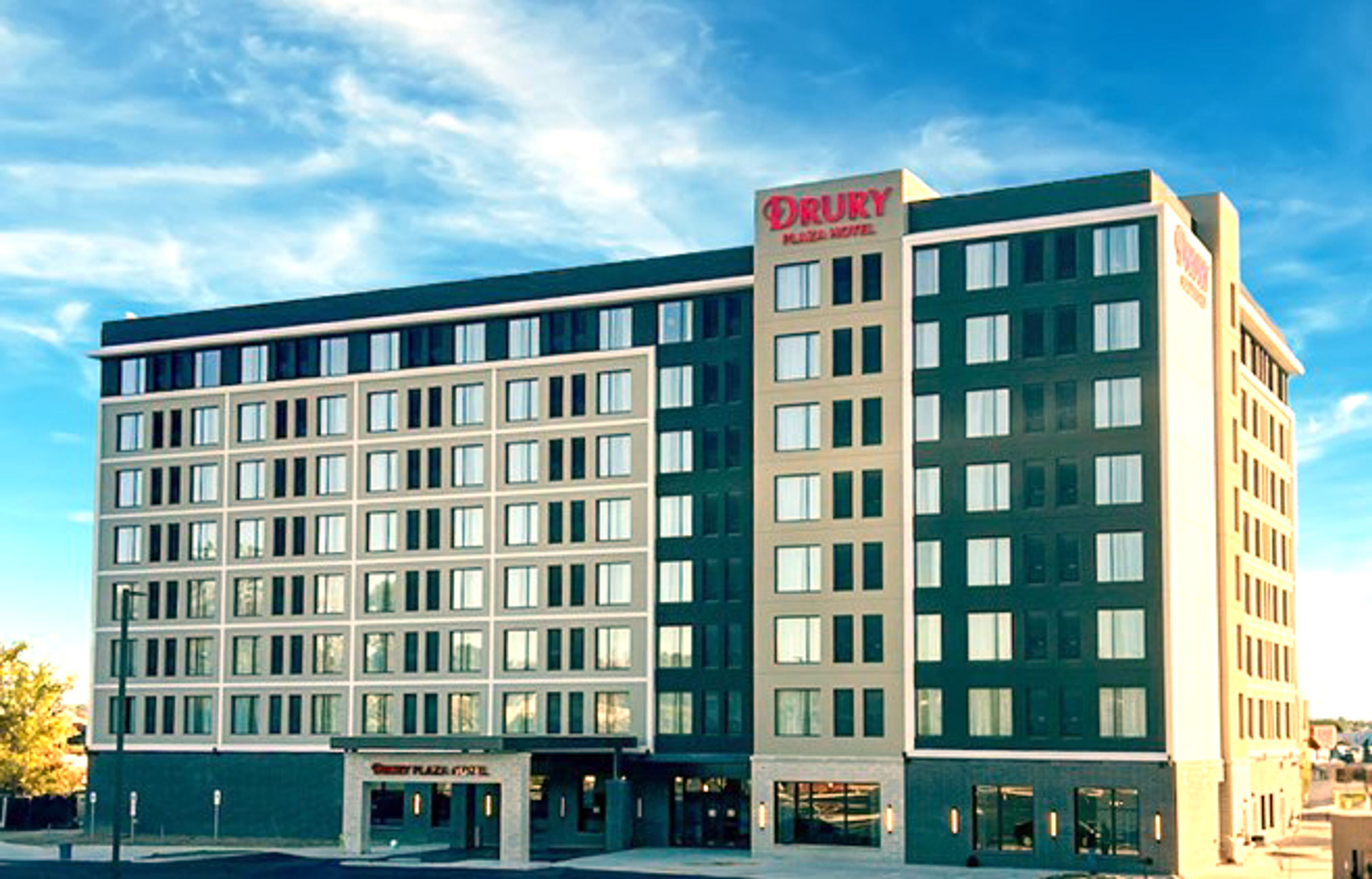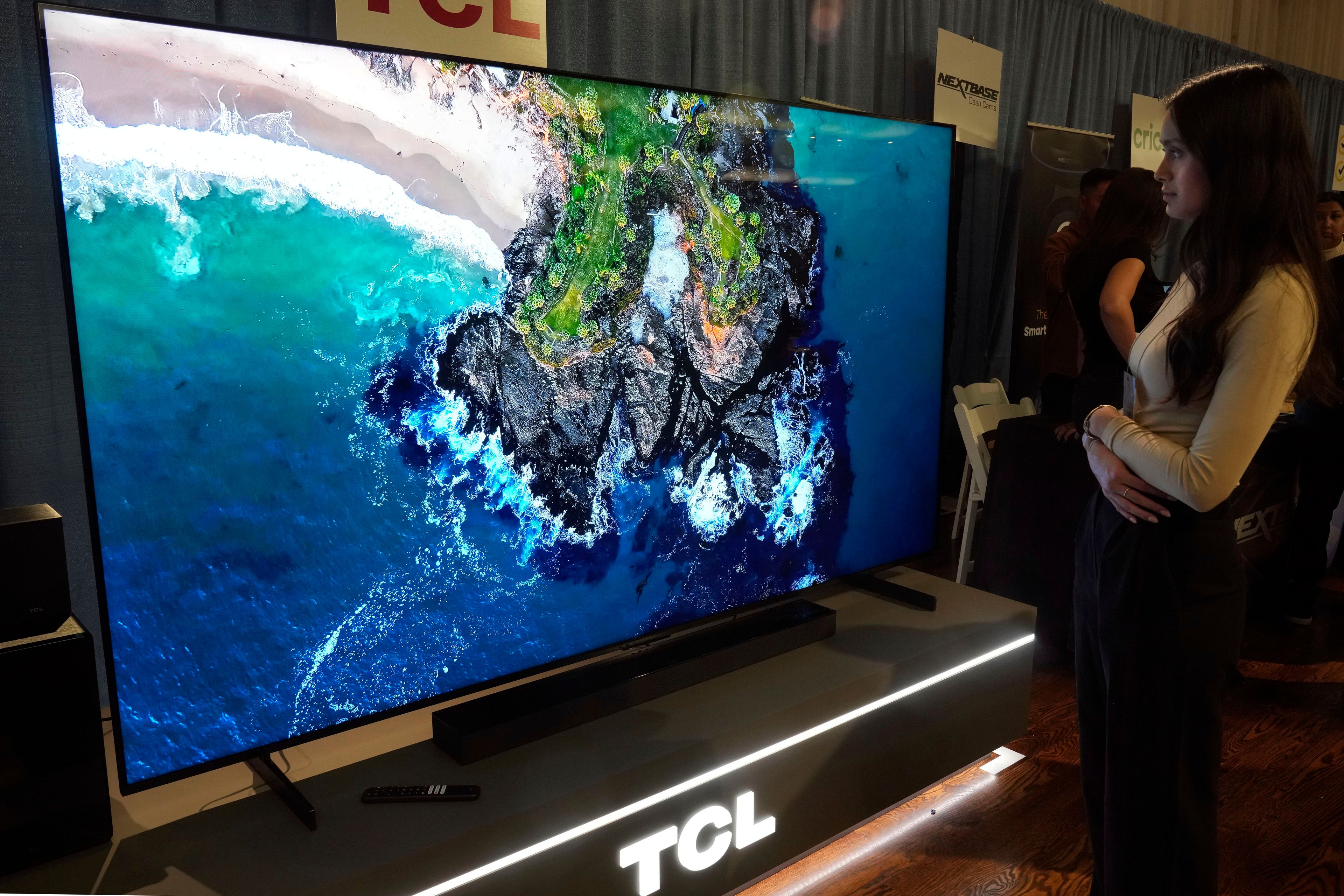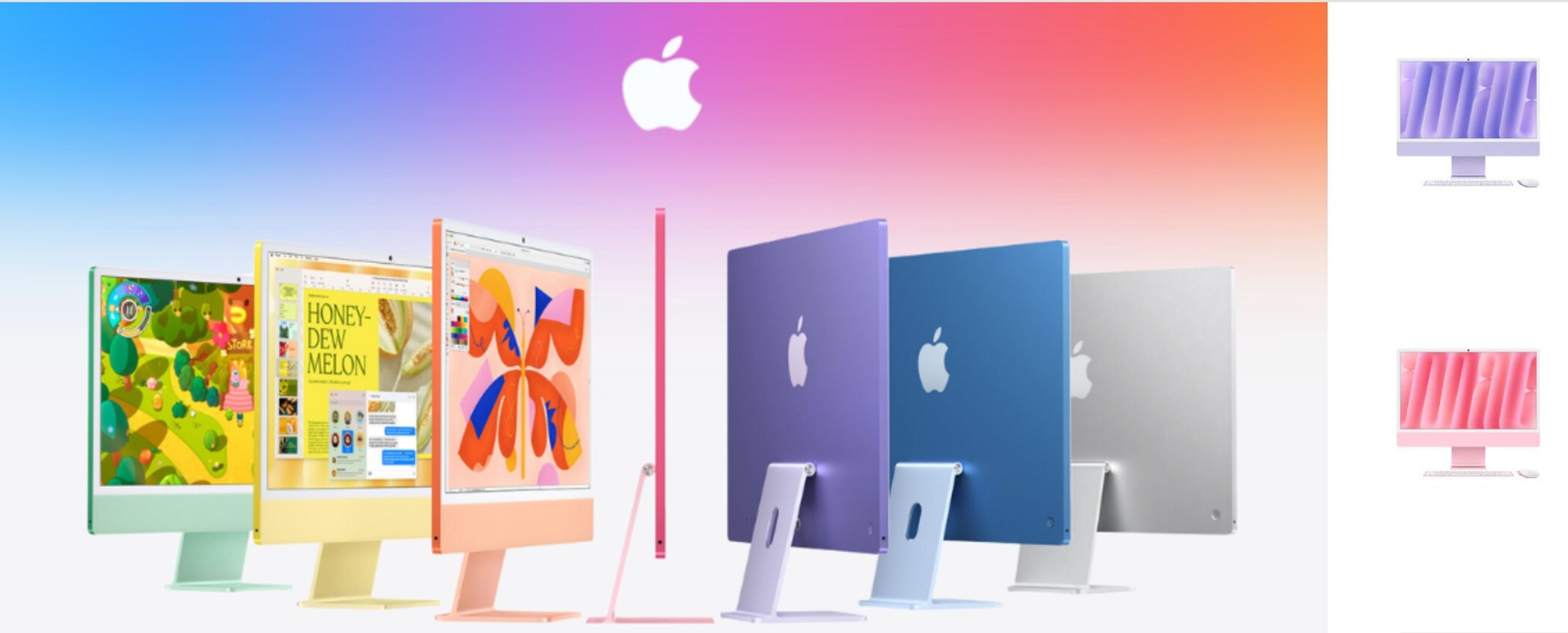Target aims to solidify niche in cheap chic
NEW YORK -- Stephanie Gruber Fried used to drop by her local Target store every couple of weeks, to shop for low-price basics and an occasional fashion item. Now she goes every week, looking for more. Target has been aggressively pursuing partnerships with designer names for exclusive merchandise, from capri pants and lipsticks to chic coffee tables and teapots. Customers are responding...
NEW YORK -- Stephanie Gruber Fried used to drop by her local Target store every couple of weeks, to shop for low-price basics and an occasional fashion item. Now she goes every week, looking for more.
Target has been aggressively pursuing partnerships with designer names for exclusive merchandise, from capri pants and lipsticks to chic coffee tables and teapots. Customers are responding.
"I really like the Mossimo clothes because they are so trendy," said Fried, 36, of Bethesda, Md. "And I buy all the Sonia Kashuk lipsticks and brushes. ... The Michael Graves housewares line is terrific. It has awesome design."
Target's strategy is helping the nation's second-largest discounter, behind Wal-Mart Stores Inc., solidify its niche in cheap chic. It also puts more pressure on department stores, whose merchandise has failed to excite its customers and whose prices are higher.
Fried said that she is shopping less often at department stores, going there "for fillers, like a coat, a nice business suit and nice shoes," she said. "Target is great for casual clothes."
Offering trendier lines
Since the mid-1990s, Target has attracted more style-conscious consumers by offering trendier lines, under various store labels, while still pulling in its budget shoppers with conservative tastes with basic merchandise.
The discounter first ventured into the designer arena in 1999 with an exclusive line from architect Graves, including $29.99 sleek tea kettles, $89.99 coffee tables and other housewares and furniture.
That was followed last year by a rollout of apparel and accessories from designer Mossimo Giannulli and cosmetics from celebrity makeup artist Kashuk.
Kashuk's lipsticks sell for $5.99, while Mossimo's lineup includes $24.99 faded jeans and $21 wrap dresses.
This year, Target will add home accessories from sportswear designer Todd Oldham and interior designer Philippe Starck, as well as a young men's collection from urban designer Marc Ecko. Target has also teamed up with Stephen Sprouse, known for his downtown rock 'n' roll-inspired clothing, to create a patriotic apparel collection this summer.
'Recreating' identity
Having maximized its store brands, Target "is recreating what used to make department stores great," said David Wolfe, creative director at The Doneger Group, a company that acts as a middleman between retailers and apparel manufacturers. "We used to love department stores because they had a specific identity -- and they had brands that people did not find elsewhere."
Arnold Aronson, managing director of retail strategies at Kurt Salmon Associates, says: "These new names add even more status appeal" to Target and could pull more customers away from department stores.
The 1,053-store division of Minneapolis-based Target Corp. generated sales of $32.5 billion for the year ended Feb. 2, a 13.1 percent increase from the year before.
Target's move is occurring at a time of intense competition from its discount and moderate-price rivals, where differentiation, particularly in apparel, has become essential for survival.
Fast-growing Kohl's Corp. has an exclusive deal to sell Jones Apparel's Nine & Co. clothing line, and is working on similar pacts with other companies. Wal-Mart, the world's largest retailer, announced this week that it was expanding its merchandising pact with TV teen celebrities Mary Kate & Ashley Olsen beyond teen apparel to include hair care products and cosmetics.
Kmart, which filed for bankruptcy in January and is struggling to restructure, is hoping that its partnerships with Martha Stewart, Disney, and Sesame Street will help reverse its fortunes.
'So many cute things'
Many customers believe that when it comes to cheap chic, Target has the edge over its competitors.
"I buy basic stuff at Wal-Mart," said Jennifer Miklos, a 25-year-old Chicago resident. "At Target, you see so many cute things. It is the perfect place to shop before a night out to find new makeup or a new outfit at a reasonable price."
There are plenty of companies eager to trade down to the discount level, allowing Target to be selective.
For Mossimo Giannulli, selling exclusively to Target, while dropping all relationships with department stores, was a way to reignite his languishing 13-year-old sportswear business.
It appears to be working. Sales of his merchandise generated more than $700 million at Target in the first year, according to sources.
"Clearly, we have to be more cognizant, and can't be too edgy, but it is a really neat challenge to appeal to that many people," said Giannulli. "They are young, old, hip, not hip."
Giannulli has no interest in selling to department stores again, complaining of their lack of relevance to shoppers -- and their overwhelming financial demands.
"Consumers are going to Target before they are going to Macy's," he said. "Target is the future."
Connect with the Southeast Missourian Newsroom:
For corrections to this story or other insights for the editor, click here. To submit a letter to the editor, click here. To learn about the Southeast Missourian’s AI Policy, click here.






